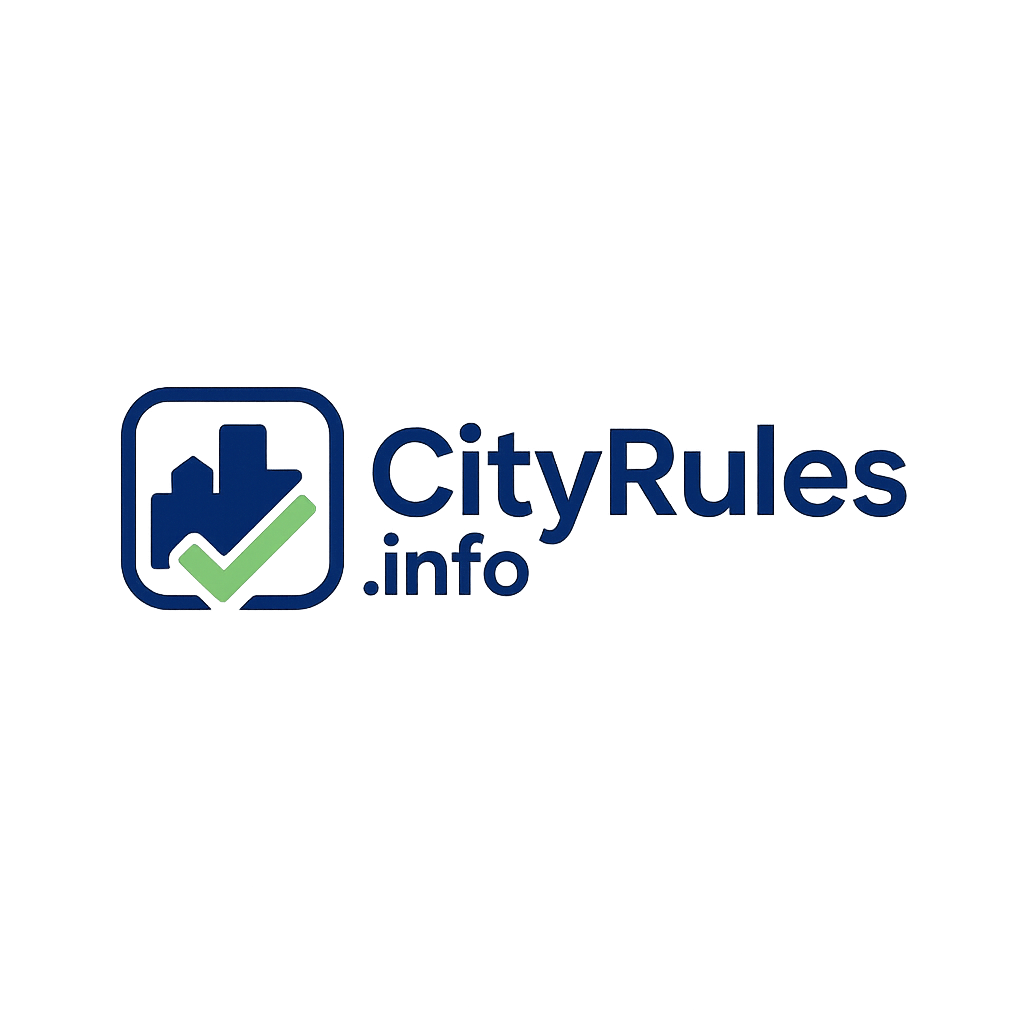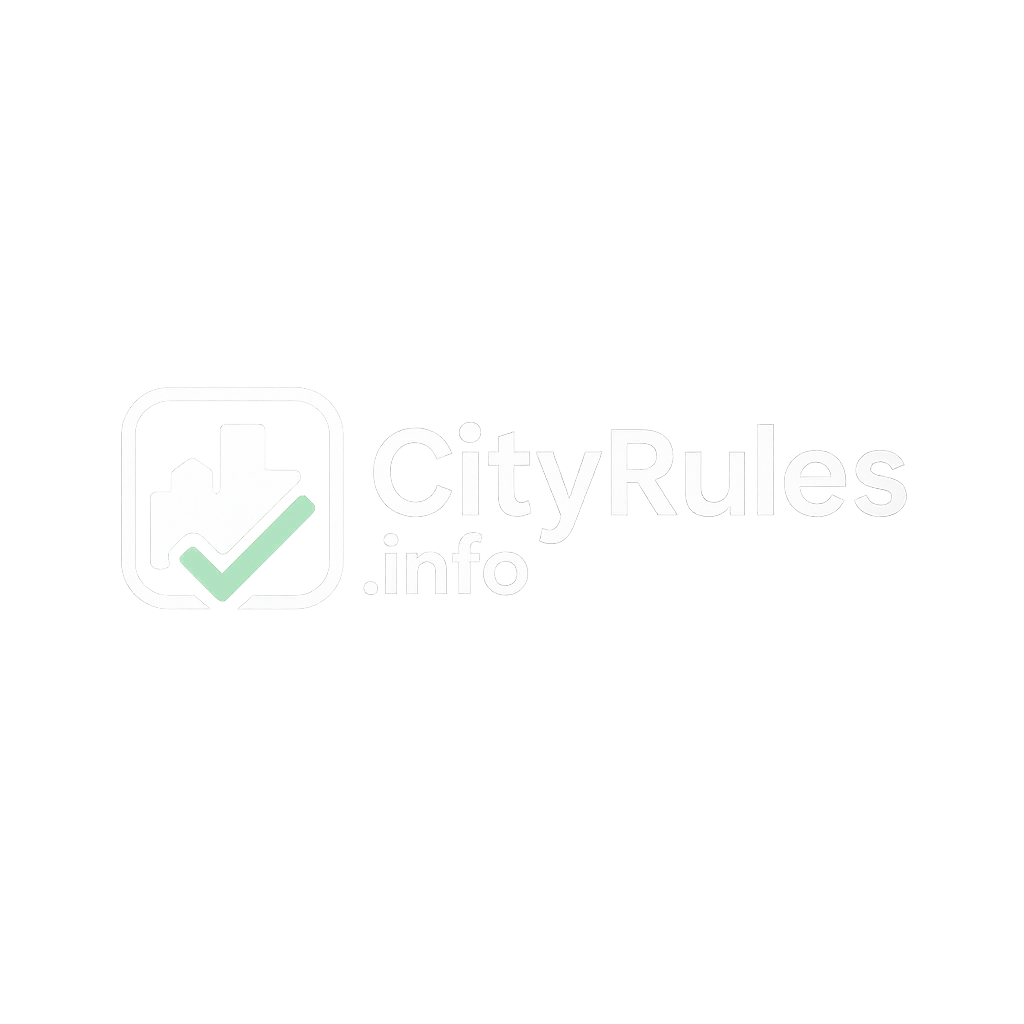🇺🇸 United States - America/Denver (local time 2:36 AM)
Quiet Hours & Noise Rules in Salt Lake City, Utah
Confirm quiet hours, decibel limits, construction schedules, and reporting steps so you can keep the peace in your neighbourhood.
Last verified on
Need a quick answer?
Default quiet hours: 21:00-07:00 (nighttime residential and commercial limits apply; 50 dBA at the residential property line).
Weekends/holidays: Saturday 21:00-07:00; Sunday 21:00-09:00.
Construction weekdays: 07:00-21:00 (residential or commercial districts; otherwise meet industrial-zone limits or obtain a permit).
Construction weekends: Sunday and legal holidays 09:00-21:00 (residential or commercial districts).

Salt Lake City regulates noise by land-use zone with lower nighttime limits (residential: 50 dBA at the property line, 21:00-07:00; Sundays and holidays 21:00-09:00). See Section 9.28.060 Noise Limits and the specific prohibitions in Section 9.28.040.
Residential quiet hours
21:00-07:00 (nighttime residential and commercial limits apply; 50 dBA at the residential property line).
Weekends & holidays: Saturday 21:00-07:00; Sunday 21:00-09:00.
Decibel limits
55 dBA daytime / 50 dBA night
Measured inside receiving residence.
Construction hours
07:00-21:00 (residential or commercial districts; otherwise meet industrial-zone limits or obtain a permit).
Weekends: Sunday and legal holidays 09:00-21:00 (residential or commercial districts).
Lawn equipment
07:00-21:00 (Mon-Sat) and 09:00-21:00 (Sun/holidays); <=74 dBA at 50 ft for domestic power equipment.
Includes gas-powered blowers, mowers, trimmers.
Party & music rules
Amplified music plainly audible at the property boundary is prohibited 21:00-07:00 (or 21:00-09:00 on Sundays or legal holidays). At all hours, sound must meet the zone-based property-line limits; if played from a parked vehicle, the 50-ft audibility rule applies overnight.
Typical fines
Class B misdemeanor (amount set by court; see Section 9.28.090).
Escalating penalties for repeat violations.
Noise enforcement & reporting
Call or report via SLC 311 Report and Request Service (non-emergency); Police for active disturbances; Salt Lake County Health Department handles measured-level violations.. Provide dates, times, and source details so dispatchers can prioritise the call. Anonymous complaints are accepted but detailed contact information helps with follow-up.
- Document the issue (record short clips, note times, and track duration for at least two nights if possible).
- Share a polite note with the neighbour or property manager. See the message templates below.
- Submit a complaint via https://www.slc.gov/psd/services/report-request-service/ or call SLC 311 Report and Request Service (non-emergency); Police for active disturbances; Salt Lake County Health Department handles measured-level violations.. Ask for the incident number for reference.
- If the noise continues, follow up with enforcement referencing the incident number. Keep your documentation for any tribunal or landlord board filings.
Ready-to-send messages
Neighbour note
Hi - Salt Lake City reduces residential limits overnight (9 p.m.-7 a.m.; Sundays and holidays until 9 a.m.). We have been hearing [music/TV/instruments] after that window. Could you keep it down during those hours? Thanks!
Landlord / property manager
Hello - We are experiencing nighttime noise that appears inconsistent with SLC Chapter 9.28 (residential nighttime limit 50 dBA; quiet hours after 9 p.m.). Could you remind the tenant or contractor and help resolve this? I can share a brief log if helpful.
Always confirm with the latest official notices or municipal postings before making plans.
Official bylaw source
Source: Salt Lake City Code, Chapter 9.28 - Noise Control
This summary reflects updates verified on . Always confirm with the latest municipal notices before acting.
Tips for quieter living
- When reporting after-hours construction, note exact times and whether the site is in a residential or commercial district (quiet hours start at 21:00).
- For lawn equipment, include the distance (about 50 ft) and whether the equipment sounds louder than normal; 74 dBA at 50 ft is the standard for domestic power tools.
- Measured violations at a property line rely on the chapter table of permissible levels; attach a short audio clip and location.
Frequently asked questions
Answers are summarized from the city bylaw for quick reference. For the full context, follow the official links below.

